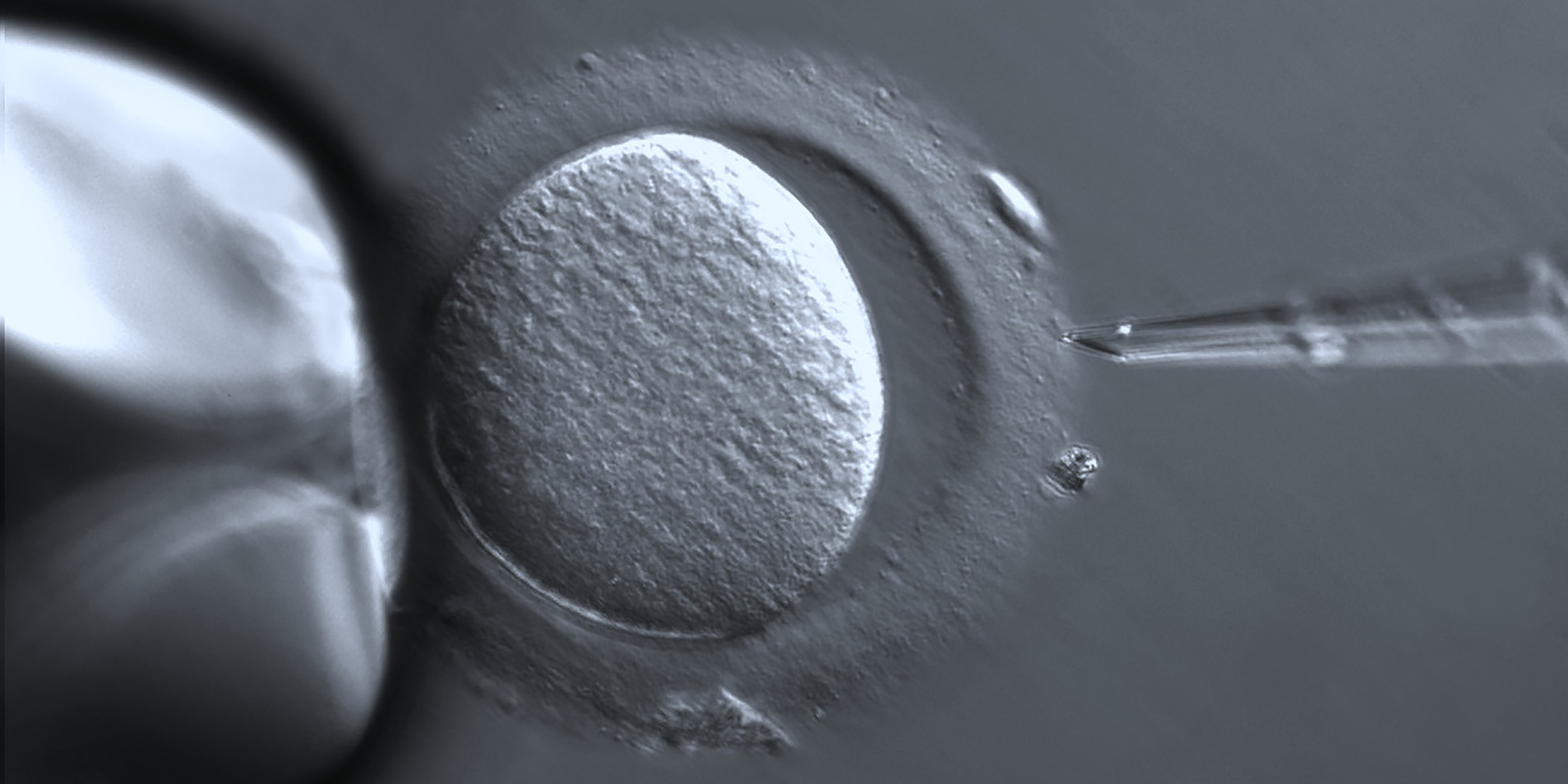Originally published 22 June 1987
“Scientific curiosity is not an unbounded good.” One does not often hear those words, especially uttered by a scientist. They come from an essay by the octogenarian biochemist Erwin Chargaff in the May 21 [1987] issue of Nature.
Chargaff’s cautionary comment is prompted by recent developments in molecular biology and embryology, and particularly in the technology of human reproduction. In effect, Chargaff charges researchers with knowing too much about the molecular machinery of life, and with using that knowledge to “stick our fingers into the incredibly fine web of human fate.”
Research on human embryos especially arouses Chargaff’s disapproval. He fiercely condemns in vitro fertilization, the freezing of embryos for later implantation into a mother’s womb, surrogate motherhood (especially for a fee), and various forms of genetic tinkering.
Chargaff dismisses as so much quibbling the question of when an embryo becomes “human”; the life of the embryo begins, he believes, with the fertilized egg, and deserves the same respect from researchers as any other human life.
Chargaff takes note of the human benefits that are often put forward to justify embryonic research — the correction of genetic defects, helping childless couples have children, and so forth. But with lofty defiance, he dismisses the idea that the end might justify the means. Even more disturbing, Chargaff suggests that the proffered “justifications” for embryonic research sometimes mask the real motives — the avarice and ambition of researchers.
It is a serious charge, and one that in my view is largely unjustified. It is a charge that will raise the hackles, even the anger, of those involved in reproductive research. But the essay in Nature carries the weight of a fruitful life in science. Chargaff is emeritus professor of biochemistry at Columbia University. He is best known for his demonstration in the late 1940s that certain chemical components of DNA molecules always occur in constant ratios, a result that was crucial to the discovery of the structure of the DNA double helix by Watson and Crick.
Chargaff was among the first to recognize that the chemical composition of DNA was different and unique to each species. He has won many international awards for a lifetime of pioneering work in biochemistry.
The Nature essay is not the first time Chargaff has spoken out on issues in contemporary science. He has made something of a career as a gadfly. His most recent sally will be dismissed by many scientists as one more example of Chargaff’s sour sentimentality and anti-progressive romanticism.
Chargaff’s words will fall upon other ears with a kind of Jehovian thunder — and rightly so. Whether his castigation of contemporary embryonic research is philosophically or morally correct is debatable; but that science should value its Chargaffs — thundering from on high — seems to me beyond dispute. Sometimes is it necessary for the grand old men of science, no longer caught up with the self-serving activities of making a career, to question the moral implications of what we do. In setting himself up as the judge of science, Chargaff will win few plaudits; there are no Nobel prizes for curmudgeons. But as Chargaff himself once wrote, “Philosophy is one of the hazards of old age.
Aware of the darkness
Chargaff spent his childhood in Austria, in what seemed to him the last golden rays of a more civilized era. He was watching the younger sons of Kaiser Wilhelm II play tennis when news came of the assassination of the Austrian Archduke Franz Ferdinand, an event that plunged all of Europe into darkness. The years between the wars were spent in Vienna, where Chargaff took his degrees. Torn between science and the study of literature, he drifted into chemistry, as later he drifted into biochemistry. He was forced to leave Europe by the rise of the Nazis. Again darkness descended. His mother was deported from Vienna into oblivion.
In his autobiography, Chargaff says of his life: “In the Sistine Chapel, where Michelangelo depicts the creation of man, God’s finger and that of Adam are separated by a short space. That distance I called eternity; and there, I felt, I was sent to travel.” Chargaff has been at every moment of his life aware of the immensity of the darkness that is nature. As a scientist, he made the darkness light. Now, at age 81, surrounded by solved riddles, he remains struck by how little we understand — and frightened by how much we understand.
In certain contemporary research, Chargaff apparently feels that science comes dangerously close to bridging the gap between God’s finger and the finger of man. He asks us to hold back. “Restraint in asking necessary questions,” he writes in Nature, “is one of the sacrifices that even the scientist ought to be willing to make to human dignity.”
Chagaff’s philosophy of science is marked by paradox. He believes humans cannot live without mysteries, and yet he has devoted his life to unraveling the greatest mystery of all, the mystery of human life. He contributed mightily to discovering the secret of DNA, and yet damns the use to which that knowledge has been put. He is a man of reason who agrees with Goya that “the dream of reason brings forth monsters.”
Many scientists, struck by the paradoxes in Chargaff’s own life, will dismiss his critique of contemporary research as cantankerous obfuscation. Unbounded scientific curiosity, they will say, has proven its worth; light is invariably better than darkness; in turning his back on contemporary research, Chargaff would have us return to a time when human life was the helpless plaything of disease and death.
Chargaff answers: “A balance that does not tremble cannot weigh. A man who does not tremble cannot live.”



